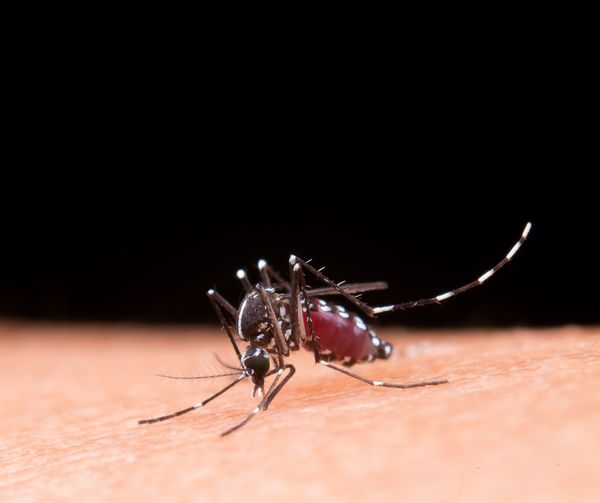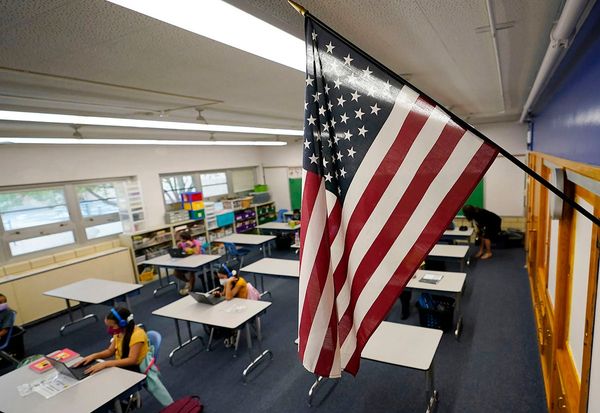WASHINGTON _ Republicans are calling for an investigation into who leaked Christine Blasey Ford's letter accusing Supreme Court nominee Brett Kavanaugh of sexual assault, focusing particularly on Sen. Dianne Feinstein.
But there's a problem: Regardless of who leaked the letter, it isn't a crime, or even a violation of Senate rules.
That makes it unclear who could investigate it _ if any agency, or authority, even has an interest in doing so.
None of that stopped Senate Majority Leader Mitch McConnell, R-Ky., from again criticizing Feinstein, the highest-ranking Democrat on the Judiciary Committee, in a Senate floor speech on Monday.
"The ranking member withheld serious allegations from committee colleagues, precluding any chance that they would be handled with sensitivity and discretion," McConnell said in pointed remarks accusing Senate Democrats of political attacks against Kavanaugh.
"Meanwhile, the accuser retained specific politically connected counsel. Then her confidential account reached the media faster than it reached either the chairman of the committee or the FBI."
Republican senators and candidates _ including Sens. Lindsey Graham, R-S.C., and Tom Cotton, R-Ark., and Missouri Attorney General Josh Hawley, who's running for Senate _ have called for an investigation into the leak and Feinstein and her office particularly.
Sen. John Cornyn, R-Texas, has called for a probe into the leak as well, but alleges Ford's lawyer, Debra Katz, should be investigated for the leak.
None of those calls for investigations, though, have been specific about how an agency could proceed.
The FBI and the Department of Justice, which would appoint special counsels, would not have jurisdiction.
"We do crimes, counterintel, and background investigations," said Sarah Isgur Flores, spokeswoman for the Department of Justice. The Justice Department does not confirm or deny the existence of current investigations.
If the investigation is looking into the conduct of senators, the next possible route could be the U.S. Senate Select Committee on Ethics, which has jurisdiction over "improper conduct which may reflect upon the Senate, violations of law, violations of the Senate Code of Official Conduct and violations of rules and regulations of the Senate," according to its website.
However, specifically relating to disclosures, the committee can "investigate unauthorized disclosures of intelligence," according to the website. Ford's letter was not classified, so any disclosure of it would not require authorization. Press representatives for the committee declined to speak on the record, even generally on what types of allegations they investigate.
Feinstein has categorically denied that she or her staff took any part in leaking the letter or the existence of the letter to the press. Feinstein's office received Ford's letter in July after it was originally given to Rep. Anna Eshoo, D-Calif. The letter says Ford was sexually assaulted by Kavanaugh when they were both in high school.
It did not become public until September. Once it did, some senators demanded a hearing, and Thursday, Ford and Kavanaugh testified in separate appearances before the Judiciary Committee. The FBI is now looking into the allegations as a background check, not a criminal investigation.
"Senator Feinstein has made it crystal clear that neither she nor anyone on her staff leaked the letter or contents of the letter to the media," a spokesperson for her office said. "The author of the initial press report backs that up. Comments about investigating the leaked letter not only ignore the fact that it's not a crime, they're also clearly an attempt to distract from the very serious allegations against Brett Kavanaugh."
Ryan Grim, a reporter for the news organization The Intercept, who broke the news about the existence of the letter, has publicly denied that Feinstein or her staff leaked the letter or its existence to him.
The leaking of Ford's letter is not considered a crime. While Ford has said she preferred the letter was kept confidential, the letter's contents were not classified. Therefore, making that letter public is not a crime.
Hawley, who is challenging Sen. Claire McCaskill, D-Mo., called for a "special counsel" to investigate the leak. The others did not name a specific entity when calling for an investigation.







